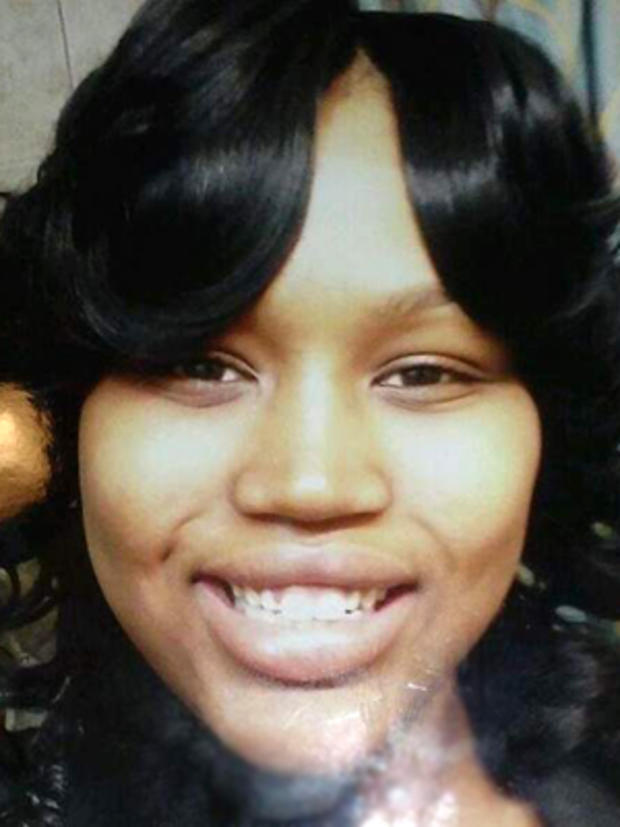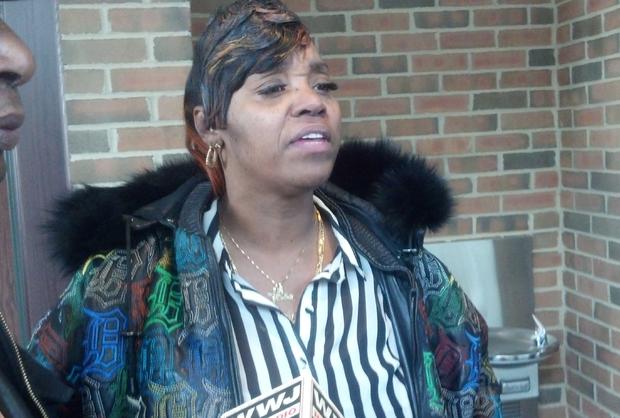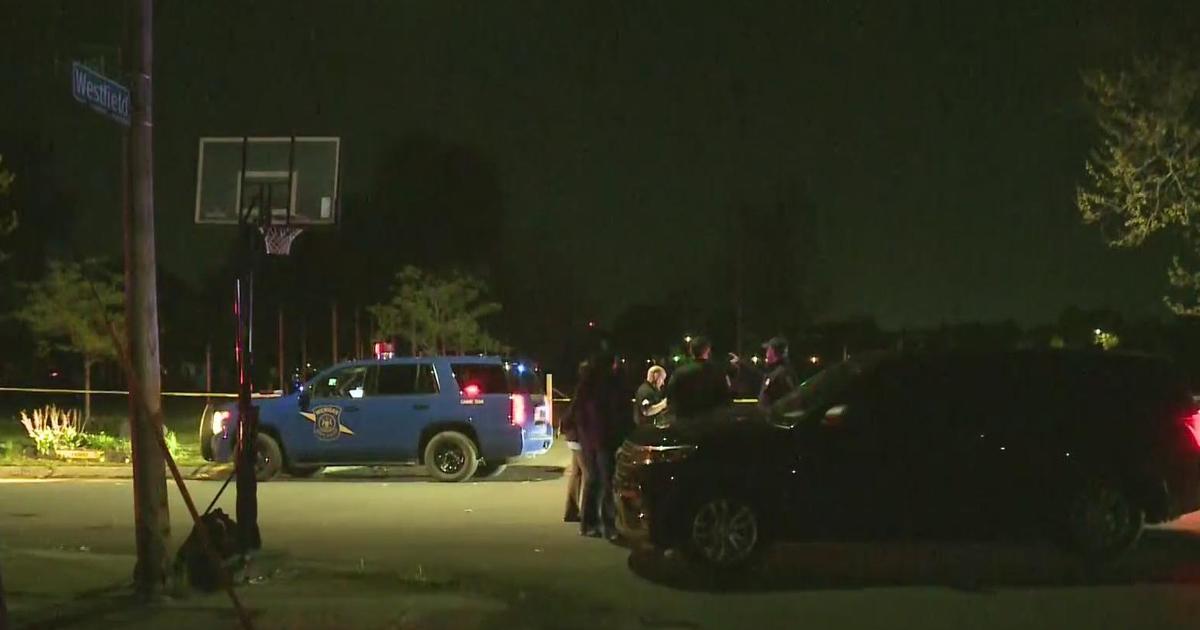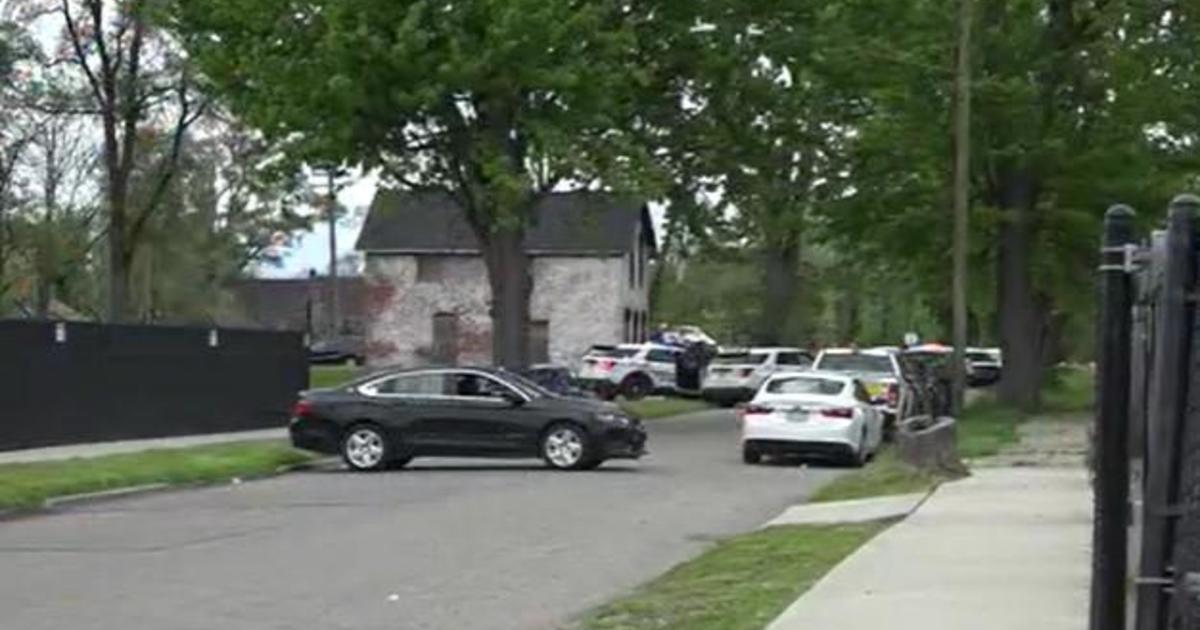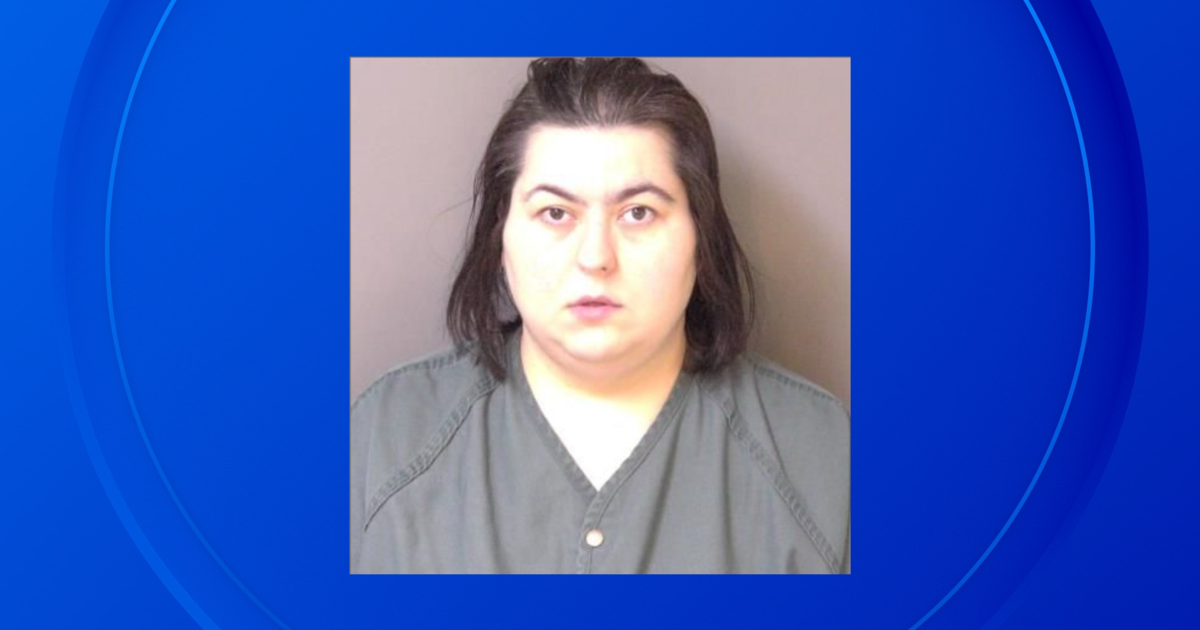Dearborn Heights Man Faces Trial For Murder In Porch Shooting
DETROIT (CBS Detroit) - Saying it's not a clear case of self defense, a judge has bound over 45-year-old Theodore Paul Wafer in the shooting death of 19-year-old Renisha McBride on his front porch.
The death of the teen has been a flashpoint, with protesters calling the incident "another Trayvon." McBride was unarmed and allegedly looking for help in the well-kept Dearborn Heights neighborhood when she was killed.
"The prosecutor has met their burden by probable cause that a crime was committed and probable cause that the defendant committed the crime of second degree murder and manslaughter," said Judge David Turf. "Now, though this is a different burden in this preliminary examination, the results could be different at trial."
Turf cited the defendant's decision to bring a shotgun to the door as an indication of intent.
He pointed out that, when Wafer heard someone knocking, he did have other options — he could have not answered the door or gone to another area of the house to call for help.
"His first thought was to bring the gun," Turf said.
In announcing his decision, Turf also noted police testimony that there was no sign of forced entry and there was no damage to any locks on Wafer's home.
Defense attorney Cheryl Carpenter told reporters the judge made a bad call.
"We are disappointed in the ruling that the judge did on the murder two," she said. "We don't believe intent was proven by the prosecution in this case; and we really look forward to trial where you will get all of the evidence."
Testimony in a preliminary examination Wednesday showed he was about 3 feet from McBride when he opened fire, shooting her in the face.
Wafer told police he shot McBride out of fear for his own life, but Assistant Prosecutor Danielle Hagaman argued that notion is faulty, saying it doesn't make sense to open and door and start shooting, even if McBride was, as some suspect, banging the door and possibly trying to get in.
"His actions, according to what they say he did, that's not reasonable," Hagaman said.
Testimony included a toxicology report that showed McBride's blood-alcohol content was roughly 0.22 percent – more than twice the .08 legal limit for driving in Michigan and eleven times the .02 legal limit for minors. The report also showed that McBride had marijuana in her system.
At between .3 and .4, people usually become comatose, testified Wayne County Assistant Medical Examiner Kali Keisha. Death from alcohol poisoning generally comes at .4, he added.
"They have unsteady gait, they're confused and sometimes they're talking irrationally," Keisha said, describing how someone may act with McBride's level of intoxication.
The teen was wearing black boots, dark jeans, a blue hoodie, and had $56 in her back pocket when she was shot in the face in the early morning hours Nov. 2 on the porch of a home on Outer Drive near Warren Avenue, according to a police report. Hours earlier, McBride was involved in a car accident several blocks north of where the shooting later occurred.
Carmen Beasley of Detroit testified that at about 1 a.m. on the night of McBride's death she heard a loud crash and realized her husband's car, which was parked on the street, had been hit. She called 911 before heading outside.
"I watched a little bit," Beasley testified, saying the driver later identified at McBride walked away from the crash "like, holding her head."
In making his ruling on Thursday, Judge Turf compared Beasley's actions to the defendant's — pointing out that Beasley took the time to assess the situation and call for help before taking action.
Beasley testified that she asked the teen if she was OK and requested her cell phone so she could call someone she knew for help. "She was like patting her pockets," Beasley said, adding McBride "just kept saying she wanted to go home."
"I wanted to get her home; you know, safely," Beasley said. "And then at that point I saw blood on her hands … I said 'you're hurt,' let me call an ambulance."
Keisha testified she had no marks from a seat belt on her, indicating either she had not been wearing one or the impact was too slight to leave marks. Because of the severe shotgun wound, there was no way to tell if she had an earlier head injury from the crash, Keisha testified.
McBride had a "significant amount" of blood on her right hand, but no scrapes or abrasions, Keisha said.
Wafer has a clean criminal record — except for an old driving under the influence conviction — and a high security clearance at his job. Police confiscated a 12-gauge shotgun from near the front door; the gun's case was in a bedroom. The gun blast went through the front screen door, according to a police report.
In announcing his decision on Thursday, Judge Turf pointed out that witnesses, including Beasley, testified that McBride seemed confused and disoriented following the car crash — but not combative, feisty or belligerent.
Renisha's aunt Beninta Spinks, told WWJ's Ron Dewey, she has faith in the court proceedings ahead.
"My pastor told me, give it to God and keep looking up, and that's what I did," she said. "And I told my sister keep looking up — God has this one; and God has this one."
